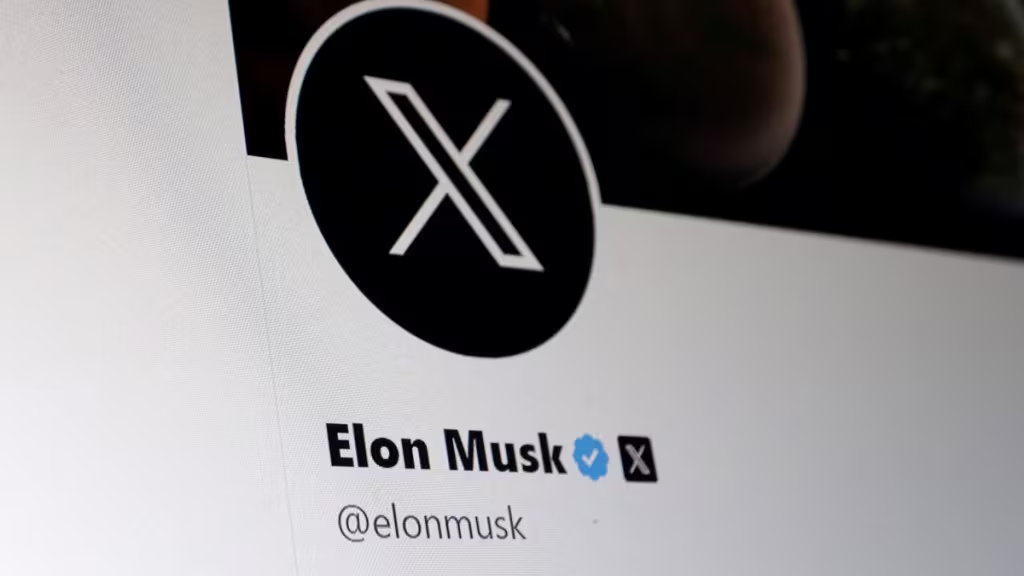Experts see $20-billion erosion in brand equity on shoddy rebranding

“And soon we shall bid adieu to the Twitter brand and, gradually, all the birds,” Musk declared on Twitter last week while revealing his plans to rebrand the platform. However, dropping the blue bird is proving to be a challenging task. Experts have been quick to point to a potential erosion of up to $20 billion in brand equity resulting from the shoddy execution of the rebranding exercise and ensuing conflicts.
Twitter has renamed its iconic “retweets” to “reposts” and “tweets” to “posts”, triggering backlash from online users. One user, who went by the handle @joolsevelyn, wrote, “The alternate definition of the verb, ‘tweet’, as in, ‘to make a post on the Twitter online message service’, is in the dictionary. No other social media app has anything like it. Imagine disposing of that level of brand recognition because of a mid-life crisis.”
Users also noted that platforms such as Microsoft Edge were displaying a security breach, warning users of “possible scams” triggered due to icon changes.
All this after users initially struggled to find the app on the iOS store due to Apple’s character requirements. The website updates were in progress at the time of reporting, with some features still in testing mode. “X has a very negative connotation – it is just the opposite of a tick,” says brand and strategy expert Harish Bijoor.
The generic nature of the letter X might also prove costly for the brand. Meta and Microsoft already own trademarks that claim ownership of the alphabet ‘X’. Meta holds a trademark for a white-and-blue X related to ‘social networking services in the fields of entertainment, gaming, and application development’, and Microsoft’s trademark is for its Xbox gaming consoles. “This calls for an analysis of the nuances of the trademarks, and the goods and services involved to mitigate any potential legal issues,” says Gaurav Sahay, partner, SNG & Partners. The potential trademark challenges could set Twitter back by millions of dollars in legal fees.
The company has already been exposed to some reputational challenges after it took away the @X handle from one of its users without warning or compensation. It offered the user some merchandise, a tour of its offices and a meeting with the management instead. “It’s essential for individuals and companies to prioritise ethical conduct, respect intellectual property, and carefully consider the impact of their actions,” says SNG’s Sahay.
The rebrand has also run into rough weather in countries such as Indonesia, where it has been temporarily blocked as the domain has association with gambling and pornography. Nisha Sampath, managing partner at Bright Angles Consulting, says, “In the case of a global brand, one needs to consider cultural taboos that may be impacted by the brand name or identity. Clearly, in this case, the due process was not followed and there could well be more problems.”
“Musk is killing the brand,” says KV Sridhar, global chief creative officer at Nihilent Hypercollective. “When you make disruptive changes like these, it is because things have become old and need a refresh. But nobody said Twitter was getting old. The move is destroying brand love that took years to cultivate.”



